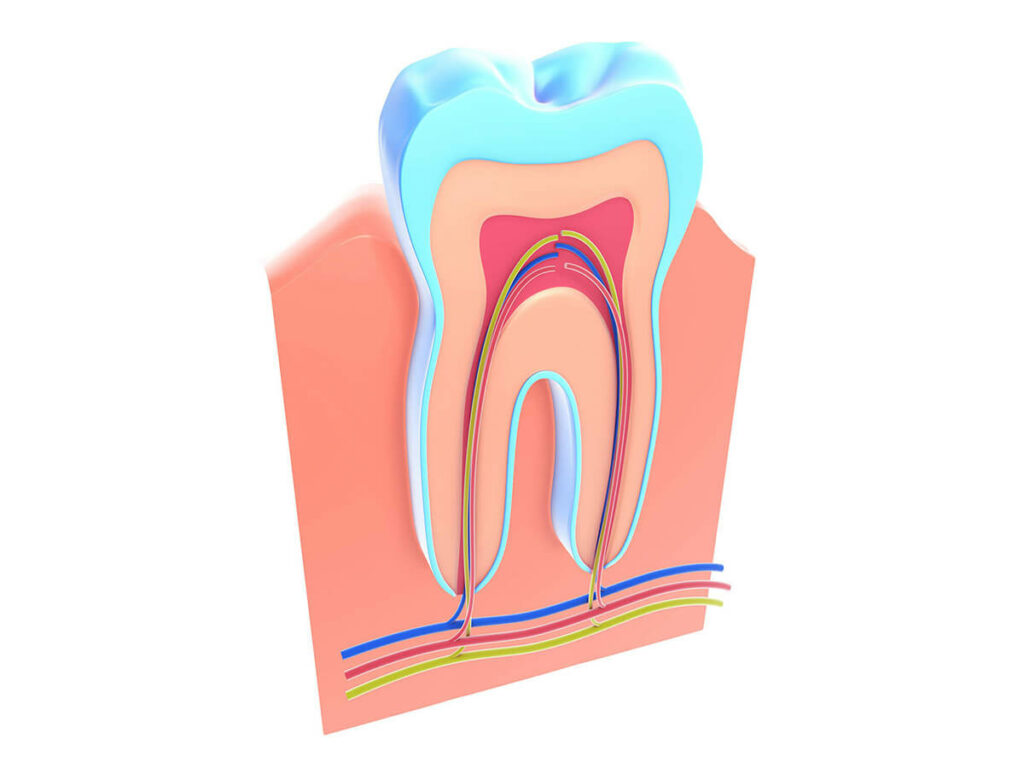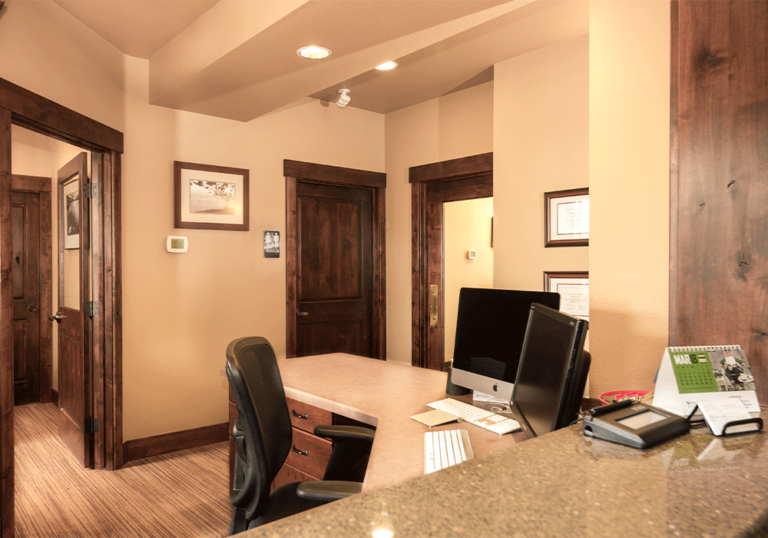Root Canal Treatment
Root canal treatment relieves pain, removes infection, and saves your natural tooth. Modern techniques make the procedure comfortable and efficient, helping restore oral health, protect surrounding teeth, and let you smile confidently again with long-lasting results and minimal recovery time.
Root Canal Treatment in Missoula, MT

-
What symptoms indicate I may need a root canal?
Persistent tooth pain or sensitivity may indicate that a root canal could help. Watch for lingering discomfort after hot or cold drinks, sharp pain when chewing, or a tooth that feels tender to the touch. Swollen or sore gums near one tooth, a pimple-like bump on the gum, or darkening of the tooth can also indicate infection or nerve damage. Sometimes symptoms come and go, but the problem remains. If you notice any of these signs, schedule an exam promptly. We’re here to help.
-
How is root canal treatment performed?
A root canal is a routine dental procedure designed to save an infected or severely damaged tooth. During treatment, your dentist gently removes the inflamed pulp from inside the tooth, carefully cleans and disinfects the canals, and then fills and seals them to prevent future infection. Finally, the tooth is restored with a filling or a crown to improve strength and function. Modern root canals are comfortable, effective, and help relieve pain while preserving your natural smile. Our team explains every step and ensures you feel relaxed throughout your visit.
-
What is the aftercare process?
After your root canal, a little extra care helps your tooth heal comfortably. Mild soreness for a day or two is normal, and over-the-counter pain relievers often help—follow your dentist’s directions. Avoid chewing on the treated side until any temporary filling is replaced and your final restoration (usually a crown) is in place. Keep brushing and flossing gently, and rinse as recommended. If swelling, increasing pain, or fever occurs, contact our office right away. We’re here to help you recover smoothly.
Think You May Need a Root Canal?
If you have any of the symptoms discussed or have additional questions about the root canal process, contact us today!

